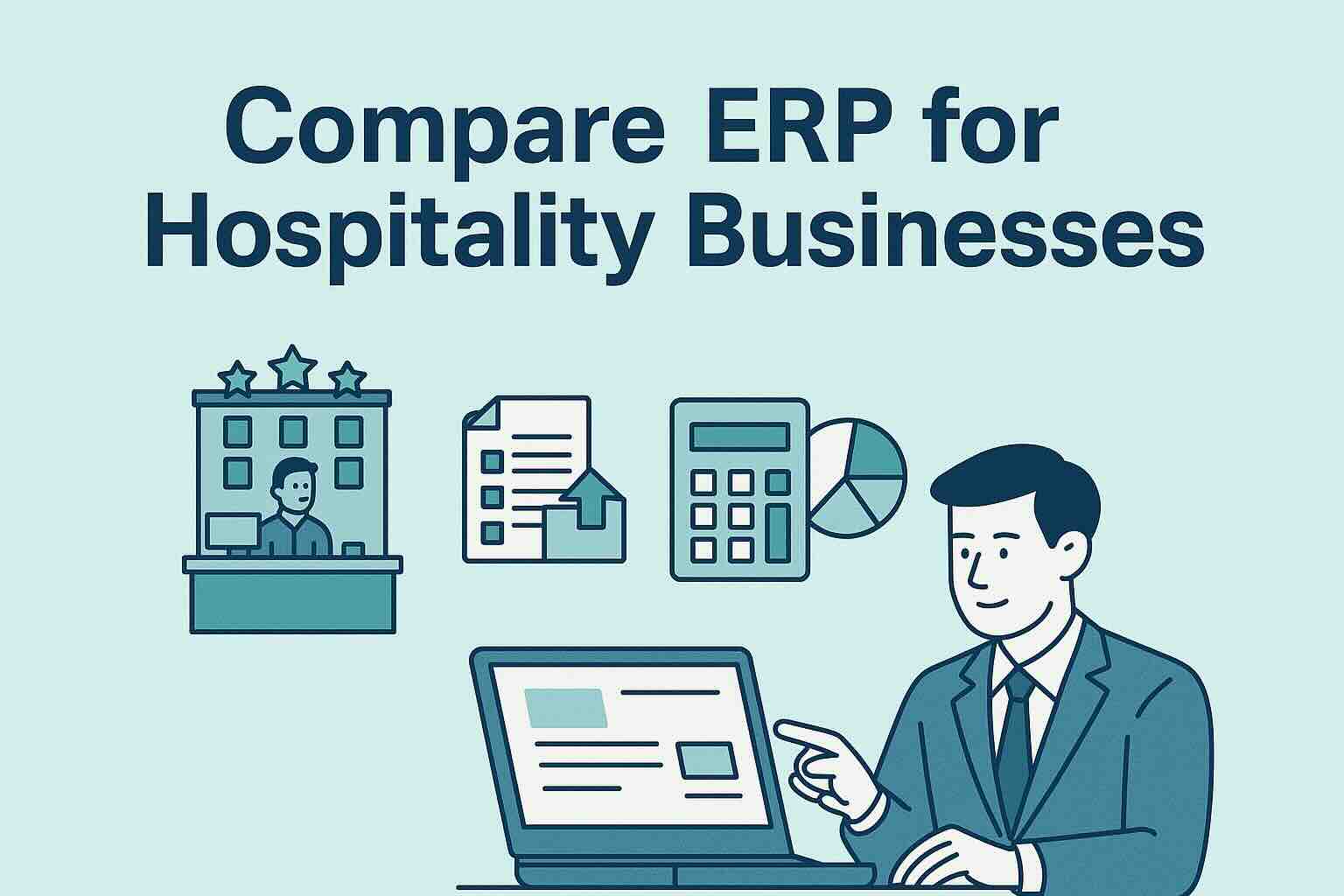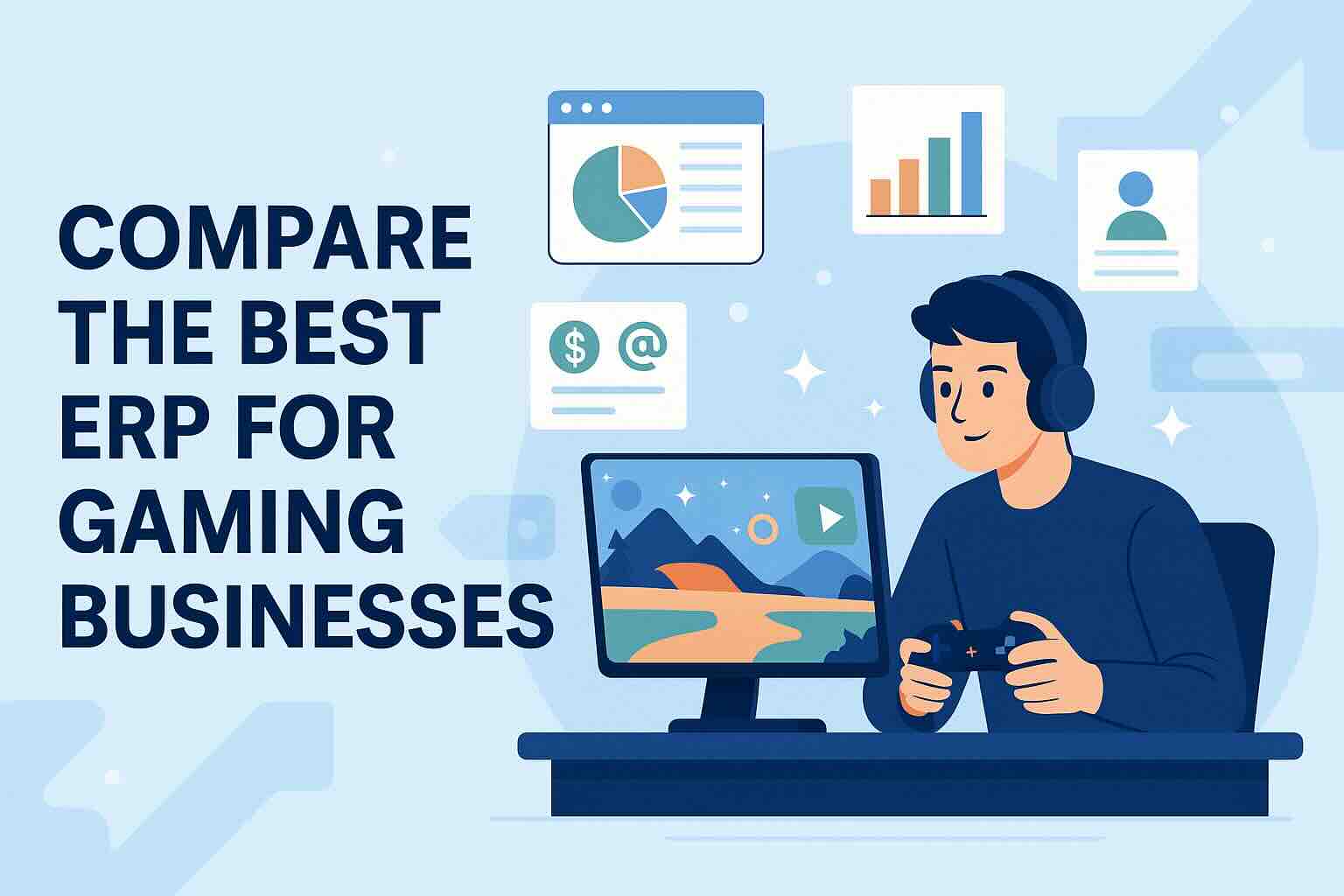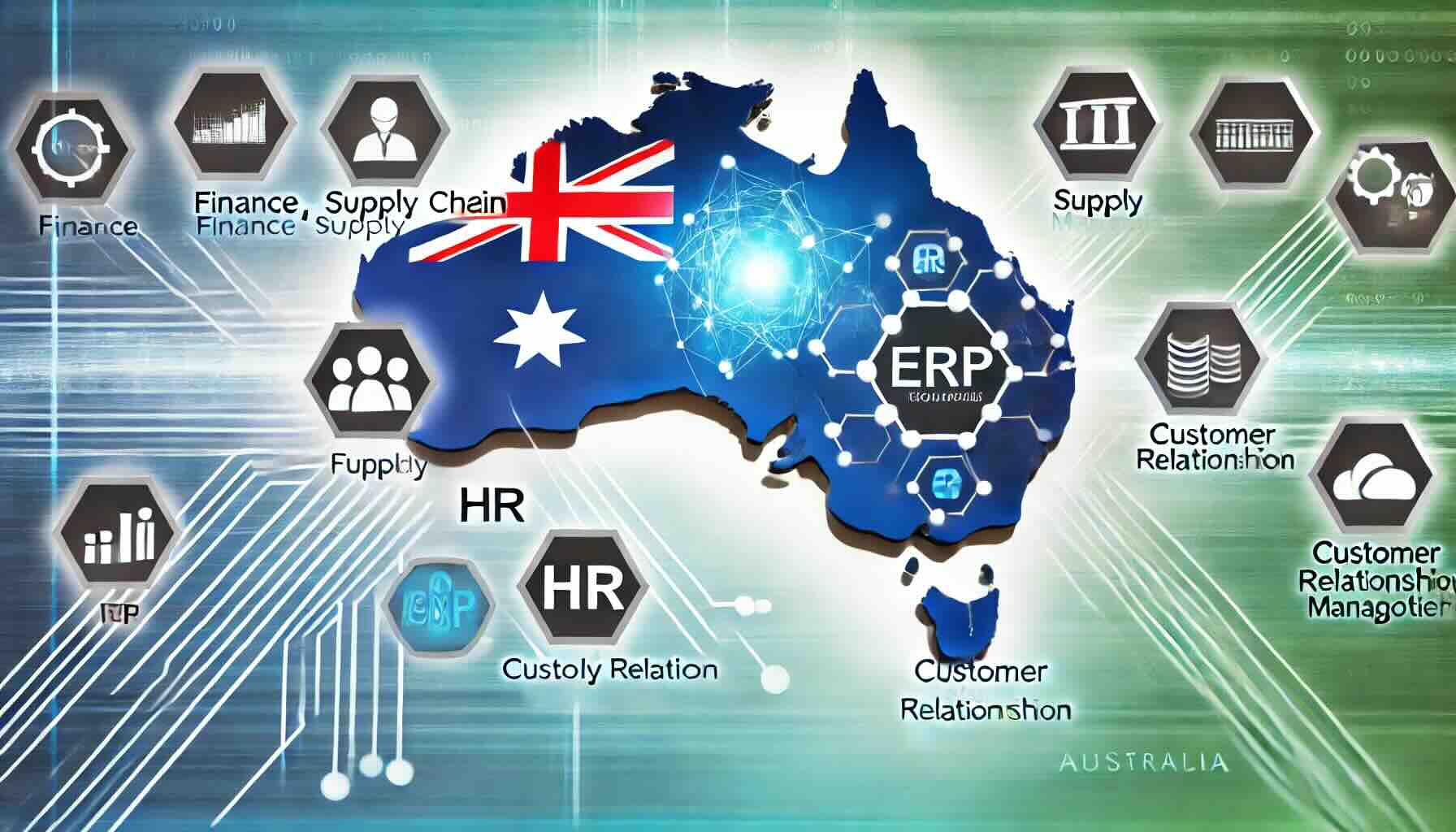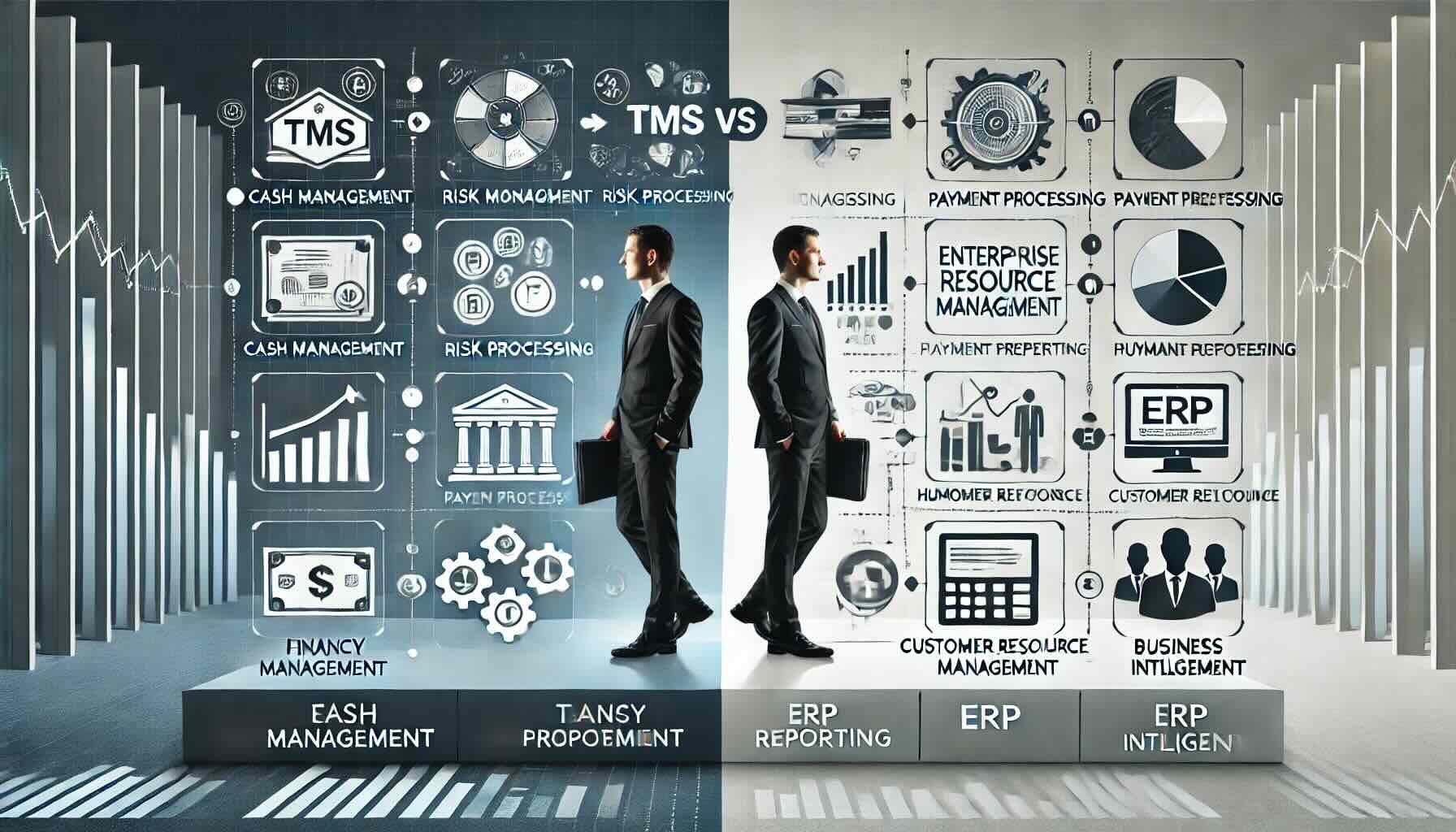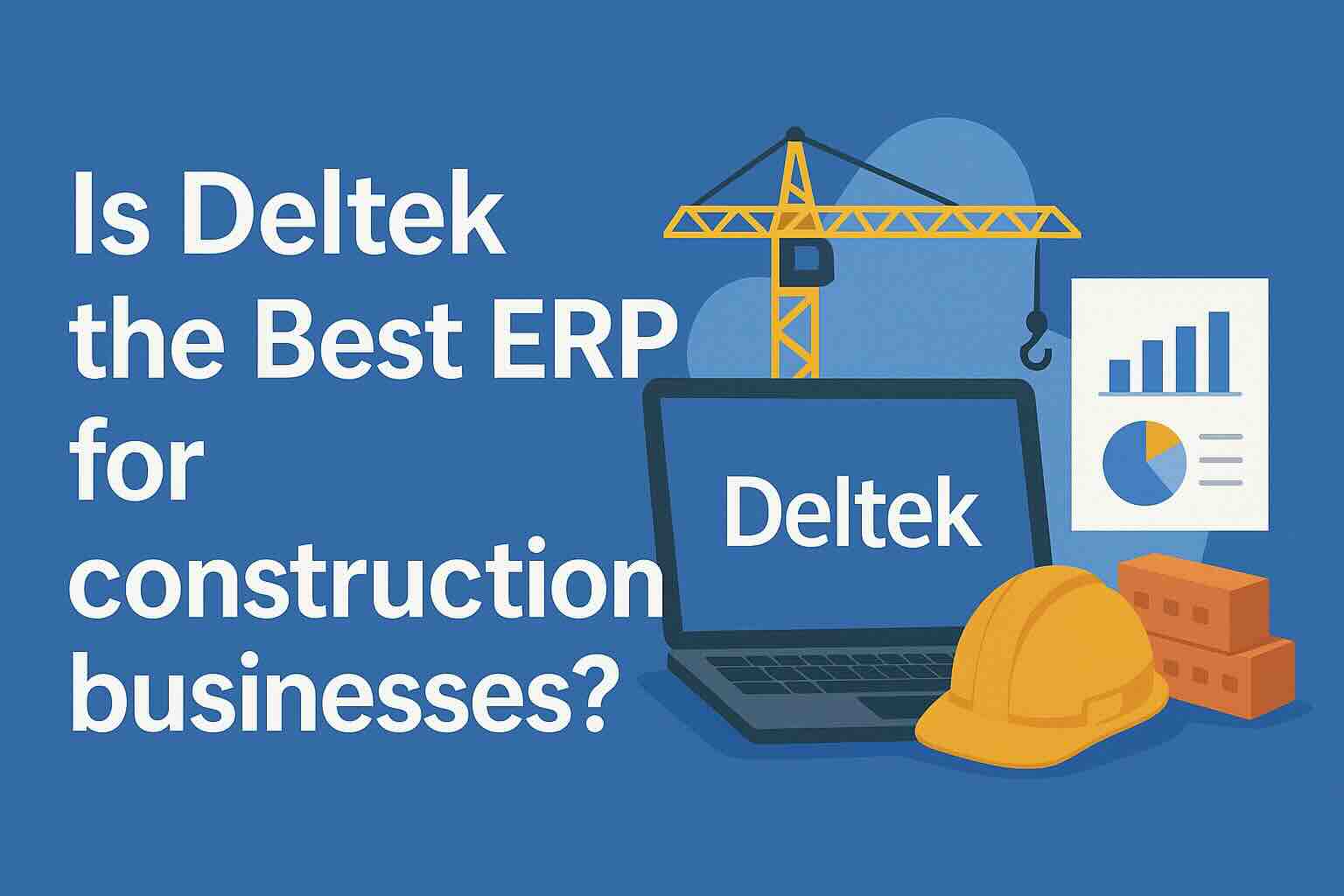Compare the Best ERP Systems in Spain

Enterprise Resource Planning (ERP) systems have become essential for companies striving to streamline operations, improve efficiency, and remain competitive. In Spain, the demand for robust ERP solutions is growing across industries, from manufacturing to retail, as businesses adapt to a globalized market. Choosing the right ERP can be challenging, given the numerous options available. This article compares the best ERP systems in Spain, helping you make an informed decision.
What is an ERP System?
An ERP system integrates various business processes—such as finance, supply chain, human resources, and customer relationship management—into a unified platform. This integration provides a comprehensive view of operations, enabling better decision-making and efficiency.
Key Considerations for Selecting an ERP System in Spain
When choosing an ERP system, it’s essential to consider:
- Scalability: Can the system grow with your business?
- Industry Fit: Does it cater to your industry-specific needs?
- Localization: Does the system comply with Spanish regulations and language requirements?
- Ease of Use: Is the interface user-friendly?
- Cost: Does it fit within your budget, including implementation and maintenance costs?
Below, we compare some of the leading ERP solutions available in Spain.
1. SAP ERP
SAP is one of the global leaders in ERP software and has a strong presence in Spain. Its solutions cater to businesses of all sizes, with SAP S/4HANA being the flagship offering.
Pros:
- Advanced analytics and AI integration.
- Scalable solutions for SMEs and large enterprises.
- Industry-specific modules for sectors like retail, automotive, and manufacturing.
Cons:
- High implementation costs.
- Requires technical expertise for customization.
Best For:
Large enterprises and mid-sized companies looking for comprehensive, scalable solutions.
To find out more about SAP you can click this link.
2. Microsoft Dynamics 365
Microsoft Dynamics 365 combines ERP and CRM capabilities, offering a cloud-based, user-friendly platform. It is highly customizable and integrates seamlessly with other Microsoft products like Office 365.
Pros:
- Cloud-first approach with excellent accessibility.
- Flexible pricing plans.
- Native integration with Microsoft tools.
Cons:
- Limited functionality for niche industries.
- Customizations can increase costs.
Best For:
Small to mid-sized businesses already using Microsoft’s ecosystem.
To find out more about Microsoft Dynamics you can click this link.
3. Oracle NetSuite
Oracle NetSuite is a cloud-based ERP solution renowned for its flexibility and scalability. It serves businesses across industries, offering financial management, e-commerce, and CRM capabilities.
Pros:
- Real-time visibility of business operations.
- Highly scalable for growing businesses.
- Industry-specific customizations.
Cons:
- Steep learning curve for new users.
- Higher subscription costs compared to competitors.
Best For:
Growing businesses and enterprises looking for cloud-based ERP.
To find out more about NetSuite you can click this link.
4. Sage 200cloud
Sage is a popular choice among SMEs in Spain, offering localized solutions tailored to Spanish regulations. Sage 200cloud is designed for small and medium-sized businesses and supports financial management, inventory, and project management.
Pros:
- Affordable pricing for SMEs.
- Compliance with Spanish tax and accounting standards.
- Easy to implement and use.
Cons:
- Limited scalability for larger businesses.
- Basic reporting features.
Best For:
Small to medium businesses seeking cost-effective ERP with localized support.
To find out more about Sage you can click this link.
5. Odoo
Odoo is an open-source ERP solution that has gained traction in Spain due to its flexibility and affordability. It offers a wide range of modules, from accounting to project management, that can be customized to fit specific business needs.
Pros:
- Open-source flexibility.
- Cost-effective for small businesses.
- Modular approach allows businesses to add features as needed.
Cons:
- Limited customer support unless using a premium plan.
- Requires technical expertise for customization.
Best For:
Startups and small businesses with limited budgets.
To find out more about Odoo you can click this link.
6. Infor CloudSuite
Infor CloudSuite offers industry-specific ERP solutions designed for sectors like manufacturing, healthcare, and distribution. Its cloud-based infrastructure ensures high performance and scalability.
Pros:
- Industry-focused solutions.
- Advanced analytics and AI features.
- Strong support for manufacturing and distribution industries.
Cons:
- Higher costs for advanced features.
- Limited presence in the SME sector.
Best For:
Mid-sized to large enterprises in manufacturing and distribution.
To find out more about Infor you can click this link.
7. PHC Software
PHC Software is a well-known ERP provider in Spain, especially among SMEs. It offers an intuitive interface and modules tailored for finance, HR, and supply chain management.
Pros:
- Affordable pricing for SMEs.
- Localization features for the Spanish market.
- User-friendly interface.
Cons:
- Limited scalability for larger businesses.
- Fewer advanced features compared to global players.
Best For:
Small to medium businesses focusing on local operations.
To find out more about PHC you can click this link.
How to Choose the Right ERP System?
Selecting the best ERP system requires a clear understanding of your business’s unique needs. Consider the following steps:
- Evaluate Your Business Needs: Identify the processes you want to optimize and the specific challenges you face.
- Set a Budget: Factor in the costs of implementation, training, and maintenance.
- Test Demos and Free Trials: Many ERP providers offer demos or free trials to help you understand their system.
- Consult an Expert: Engage with ERP consultants or local implementation partners who understand the Spanish market.
Final Thoughts
Spain’s dynamic business environment demands ERP solutions that offer flexibility, compliance, and scalability. Whether you are a small business looking for a cost-effective solution or a large enterprise needing robust functionality, there’s an ERP system tailored for your needs. Evaluate your priorities, budget, and industry requirements before making a decision.
By comparing the best ERP systems in Spain, you can confidently choose the solution that aligns with your goals, ensuring smoother operations and long-term growth.
To compare these ERP solutions and many more, you can use our new AI-powered Compare ERP tool. It’s free to use and you get a guaranteed discount on your first year’s licence fees with a referral from Compare ERP.

